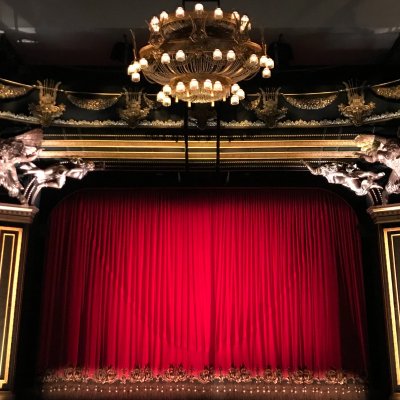This bilingual roundtable defines ‘Disabl(e)ing Knowledge’ as a perspective that endeavours to understand the entanglements of research and the ableist drivers of academic production and suggest pathways for disentanglement. My own engagement with ‘Disabl(e)ing Knowledge’ welcomes it as presenting an antidote to inclusion.
The risk in languages of inclusion is that they imply a stable interior, namely normative ways of being, into which the non-normative experiences of disabled people may be squeezed and accommodated. This avoids recognising ways in which non-normative experiences of disability could help to significantly rethink normative ways of being. On the other hand, ‘Disabl(e)ing Knowledge’ invites me to trace how my experiences from a non-normative body intersect with and are mutually changed by normative ways of being. For example, by ‘Disabl(e)ing Knowledge’, I could foreground the somatic practices and epistemologies that constitute my experiences of visual impairment to devise tools for collecting and analysing ethnographic data. Rather than occupying space that has been made for me, I could help to rebuild the very room we are in from the ground up.






